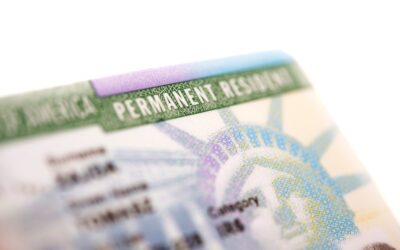You are a US citizen and entrepreneur living abroad. You’ve recently met with a team of tax lawyers and accountants who give you the perfect tax structure in your country of residence. But as a US citizen, how do you tax-optimize your business for both countries? This is where a hybrid entity comes in.
In many European countries, you will find some variation of the following advice from the local tax professionals: Open up a corporation and pay yourself only a small salary, leaving the rest of the money in the corporation for reinvestment or taking a dividend. The idea here is to lower your overall tax burden in the country you live in. And if you’ve found the right professionals in your residence country, this structure can work extremely well for that purpose.
However, as US citizen, you have an additional wrinkle to consider – how will the United States will tax your activity. As a US citizen, you are subject to US income tax on your worldwide income. You also must report the activity of any foreign corporations you own.
After the tax reform of 2017, the money your foreign corporations earn is included as income for you. As further complication, this income is not eligible for the Foreign Earned Income Exclusion when it passes through from a foreign corporation.
Due to your US citizenship, the careful planning of your lawyer in Europe may be all for nothing.
Optimize your business for two countries with a hybrid entity
Many US taxpayers can get the tax benefits in their country of residence while also claiming certain US tax benefits. The answer is a hybrid entity.
A hybrid entity is a business that your residence country considers a corporation, but the IRS does not. This allows a US entrepreneur living in Europe to tax optimize in the country of residence, while also using the Foreign Earned Income Exclusion in the US.
If you have a qualifying entity in your home country, you file form 8832, called a “check the box” election, to tell the IRS you want this business treated as a disregarded entity. Now the income and expense for the business are treated as self-employment income for US tax purposes. This means you can claim the Foreign Earned Income Exclusion on this income if you qualify.
If you reside in a country with a Social Security Totalization Agreement with the United States and you are in compliance in your home country, you usually will not have to pay self-employment taxes either. You must file form 8858 to report the activity of your Foreign Company each year.
Not every entrepreneur benefits from a hybrid entity
A hybrid entity will work best for people earning $120,000 USD or less in gross income from their business. If you earn more than this, additional planning is necessary, due to the limitations of the Foreign Earned Income Exclusion. To find out more, please schedule a consultation with one of our Global Expat Advisors.





